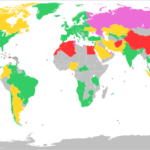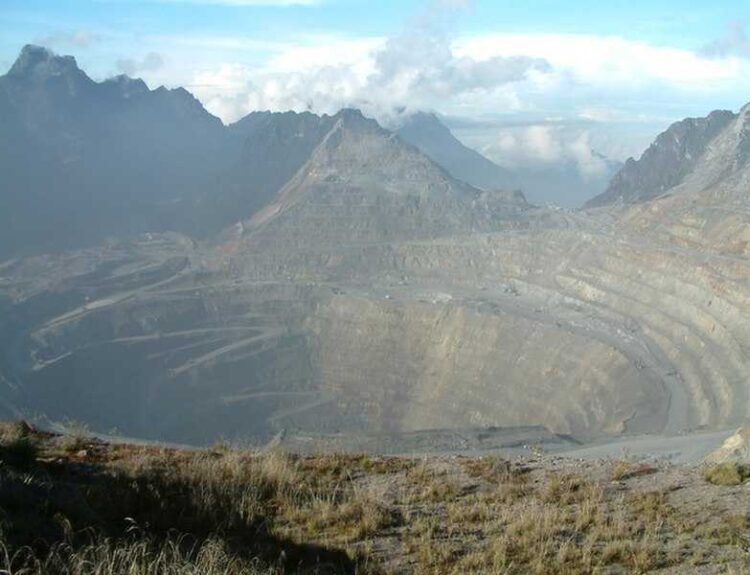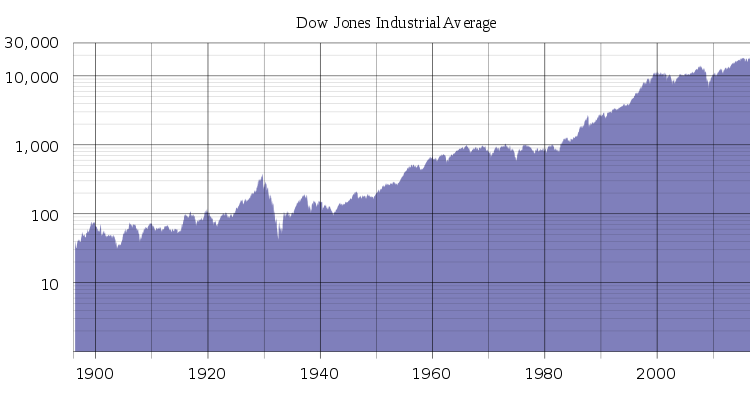Europe’s surplus supplies and U.S. production drive down natural gas costs.
- Natural gas prices have dropped to their lowest level in three months despite high summer demand.
- August natural-gas futures settled at $1.907 per million British thermal units.
- European natural-gas storage levels are higher due to mild winter and reduced demand.
- U.S. natural-gas inventories are 16% above the five-year average.
- Production in the Permian basin is increasing rapidly, contributing to supply.
- Low natural gas prices may attract investors, but the market is entering a period of lower demand.
As air conditioners work overtime during what is projected to be the hottest summer on record in the U.S., natural gas prices have surprisingly dropped to their lowest levels in three months. The August natural-gas futures contract recently settled at $1.907 per million British thermal units, marking a fifth consecutive session of decline. This price drop is largely influenced by European market dynamics. nnThe September contract saw a slight increase, settling at $2.13, but overall, prices have fallen 37.3% from this year’s peak of $3.392 in January. Year-to-date, prices are down 15.4%. Analysts attribute this decline to the international nature of natural gas, particularly the impact of liquefied natural gas (LNG) shipments. nnBeth Sewell, CEO of Quantum Gas & Power Services, noted that Europe has higher storage levels due to a mild winter and reduced demand, which has led to decreased LNG imports. As of the end of March, European storage was 58.72% full, 3% higher than the previous year. This surplus has allowed more natural gas to remain in the U.S., even as the country experiences record heat. nnIn the U.S., natural gas inventories are robust, sitting 16% above the five-year average, thanks to a warm winter. As of mid-July, total working gas in storage reached 3.231 trillion cubic feet, significantly higher than last year. Additionally, production in the Permian basin is on the rise, contributing to the ample supply. nnDespite the low prices, which some investors may find attractive, the market is entering a period of lower demand known as the shoulder months. Stacey Morris from VettaFi cautioned that investing in natural gas can be complex, especially with the United States Natural Gas Fund down nearly 31% year-to-date. nnExperts suggest that the best investment opportunities lie in pipelines and companies involved in LNG export. While current prices may feel cheap, there are concerns that they could worsen before improving, especially with forecasts for cooler weather and high inventories heading into winter. However, the startup of new LNG export facilities in 2025 is expected to support future price increases.·
Factuality Level: 7
Factuality Justification: The article provides a substantial amount of factual information regarding natural gas prices, market conditions, and expert opinions. However, it includes some speculative statements about future prices and market conditions that could be seen as opinion rather than fact. Additionally, while the article is generally well-researched, it could benefit from clearer sourcing for some claims and a more balanced presentation of differing viewpoints.·
Noise Level: 8
Noise Justification: The article provides a detailed analysis of the current state of natural gas prices, their relation to international markets, and the implications for consumers and investors. It includes data and expert opinions, maintaining relevance throughout. However, while it offers insights, it could benefit from a deeper exploration of long-term trends and the consequences of these price changes on broader economic systems.·
Public Companies: Cheniere Energy Inc. (LNG), Chevron Corp. (CVX), United States Natural Gas Fund (UNG)
Private Companies: Quantum Gas & Power Services,Infrastructure Capital Advisors
Key People: Beth Sewell (President and Chief Executive Officer), Stacey Morris (Head of Energy Research), Jay Hatfield (Chief Executive Officer), Matt Smith (Head U.S. Analyst)
Financial Relevance: Yes
Financial Markets Impacted: The article discusses the natural gas market, including price fluctuations and impacts on companies involved in natural gas production and export.
Financial Rating Justification: The article provides detailed information about natural gas prices, market trends, and their implications for investors and companies, making it relevant to financial topics.·
Presence Of Extreme Event: Yes
Nature Of Extreme Event: Natural Disaster
Impact Rating Of The Extreme Event: Moderate
Extreme Rating Justification: The article mentions Hurricane Beryl affecting operations at a major LNG export facility, which indicates a disruption due to a natural disaster. While it impacts operations, the overall economic and infrastructure damage appears to be manageable, hence a moderate rating.·
 www.marketwatch.com
www.marketwatch.com 





